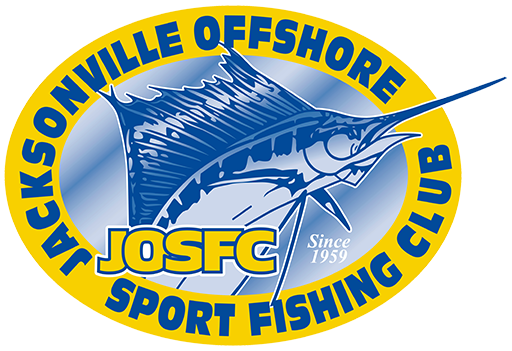Towing Your Boat
 Now, with improving weather and tournaments on the schedule, Club members will be towing their boats more to get in on the action. In order to have a safe, successful boating/fishing trip, if you are one of the 95% of recreational boaters who tow their boats, you must first tow your boat to the nearest boat ramp for launching. Towing a boat has its good and bad points, and the potential problems in towing are many. I would like to remind everyone of a few things to consider before towing your boat.
Now, with improving weather and tournaments on the schedule, Club members will be towing their boats more to get in on the action. In order to have a safe, successful boating/fishing trip, if you are one of the 95% of recreational boaters who tow their boats, you must first tow your boat to the nearest boat ramp for launching. Towing a boat has its good and bad points, and the potential problems in towing are many. I would like to remind everyone of a few things to consider before towing your boat.
Before you add a trailer hitch to your vehicle to pull that new, or used, boat you will be fishing from, you should look at it as a package and make sure the vehicle is capable of towing the weight of the boat and trailer. Unless your vehicle is specially equipped, you should not tow a trailer load that weighs more than the vehicle. Manufacturers sell towing packages that include several modifications for your vehicle such as heavy-duty radiators, transmission oil coolers, heavy-duty brakes and proper suspension systems based on tongue weight.
Before connecting your vehicle to a trailer, make sure you are using the correct sized ball for your coupler. Never use a coupler designed for a larger ball even if it seems to fit as it can come loose with disastrous results. Also, it is sometimes possible to put a coupler on a larger ball than it was designed for. Don’t do it! It will bind and the trailer will not track correctly. The shanks of balls vary in size with the ball. Never use a smaller ball than required, as the shank will be undersized and could shear.
Balancing the load on your trailer is very important to safe towing. Between 5 & 7% of the tow weight (boat+motor+contents+trailer) should be on the tongue. If you have more than this, the rear squats, the front lifts, and your vehicle is hard to handle. If you have less, the trailer is likely to fishtail, and the wind from a large truck could cause you to lose control. For example, the tongue weight for the average passenger car should be no more than 100 pounds with the towing package weighing no more than 2,000 pounds.
To check your tongue weight, load your boat with the gear you normally carry. Then, stack cinder blocks to the height of your trailer ball and place your bathroom scales on top of the blocks. Now, lower your trailer tongue onto the scales. If the tongue weight needs adjusting, the simplest way is to move the load inside the boat forward or aft. If this is not sufficient, you can move the winch stem and your boat forward or aft.
You should develop a pre-departure check list to make sure you check the following items before you go: Air in tires and spare, tools, items in boat secured, electrical connections made and brake, lights and turn signals working, motor or outdrive up and secured, tie down straps secured, coupler locked and safety chains secured. Finally, don’t forget the obvious; make sure your drain plug is installed so you can continue to enjoy safe boating.
Top Ingram
Fish Tales
